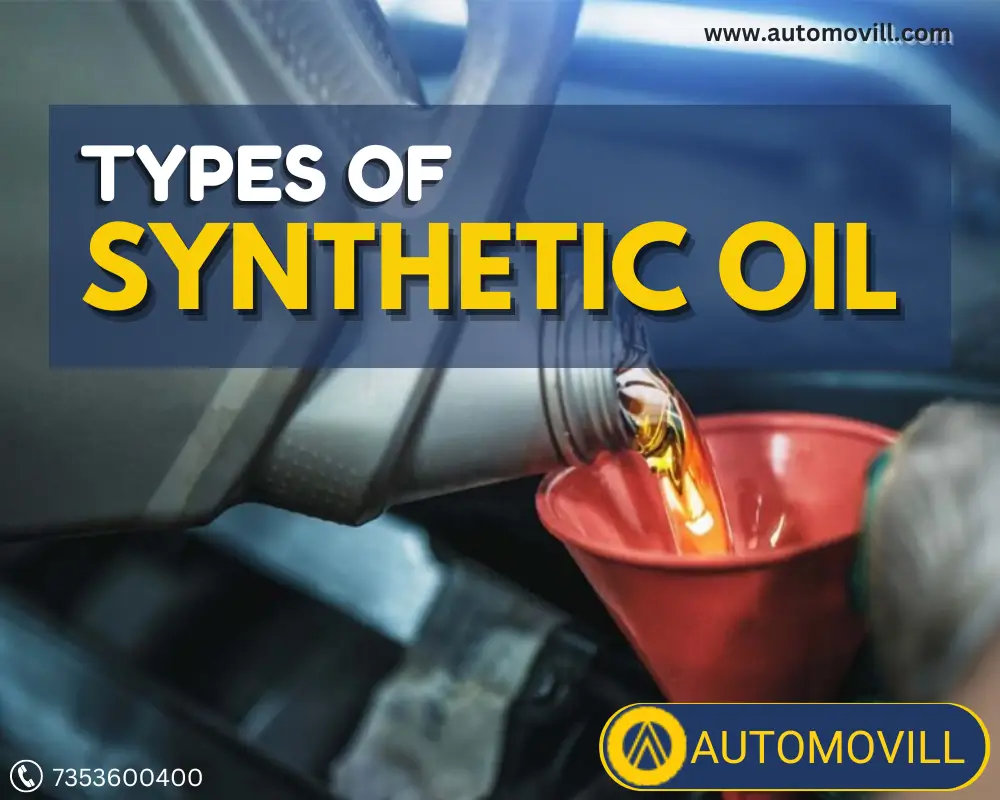
When maintaining a vehicle, engine oil is the single most important component. One of the primary lubricants with a significant role in the combustion cycle is engine oil. It maintains a cool operating temperature and ensures that the piston rings in an IC engine are well-sealed.
Let’s examine the many benefits this miraculous fluid provides for our vehicle. Motor oil is the single most important component of any auto repair. One of the most important lubricants in the combustion cycle is engine oil. It ensures effective sealing of the piston rings in an internal combustion engine by keeping the engine cold. Let’s know the types of synthetic oil and the benefits for your vehicle:
1) Synthetic Motor Oil
Synthetic oil, often known as a synthetic lubricant, is a lubricant that has been manufactured using synthetic chemical components. Chemically modified materials, including petroleum components, are generally used in the production of synthetic oils, while distilled crude oil is virtually always used as the starting point. Synthetic oil is made by a synthesis process that is exclusive to each manufacturer and also includes the use of various additives.
Since its invention in 1929, synthetic oil has found a wide variety of applications across a wide spectrum of vehicle types, from everyday drivers to high-performance sports cars to even jet engines. When the Allies cut off Nazi Germany’s access to oil during World War II, the Third Reich turned to synthetic oil to keep its military running. The American Energy Crisis of the 1970s pushed researchers to develop more efficient synthetic oils.
2) Synthetic Blend Motor Oil
It is a combination of complete synthetic oil and mineral oil, as the name would imply. High-RPM cars benefit most from synthetic blend motor oils, which employ a combination of synthetic and mineral base oils to increase oxidation resistance and give good low-temperature qualities.
It’s a great option for those who aren’t quite ready to make the switch to full synthetic oil but still value the benefits of synthetic performance and protection.
3) High-Mileage Motor Oil
Additives and seal enhancers used in high-mileage oils help prevent leaks (both internal and external). It’s conceivable that the leakage will stop after one or two oil changes. This may lessen the amount of oil spilled on the driveway and the amount of oil consumed by older vehicles.
Automobiles having 75,000 miles or more on the odometer are the target audience for most high-mileage lubricants. Although it is ultimately up to you to decide when to make the change, educating yourself will help you make the best decision possible. Mechanical faults include blowby, power loss, cylinder slap, unusual sounds, etc. The use of high-mileage oil won’t help with these problems.
